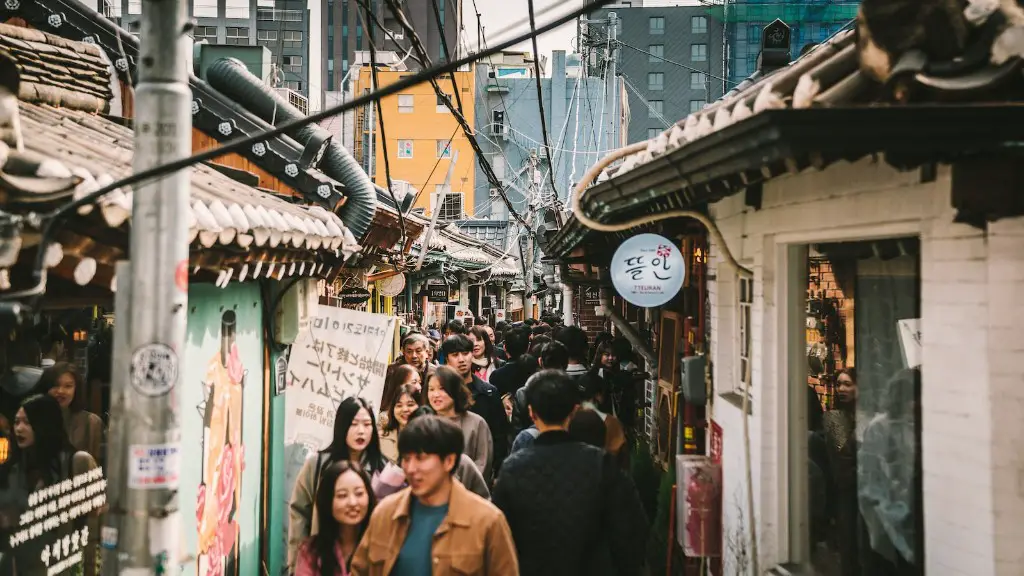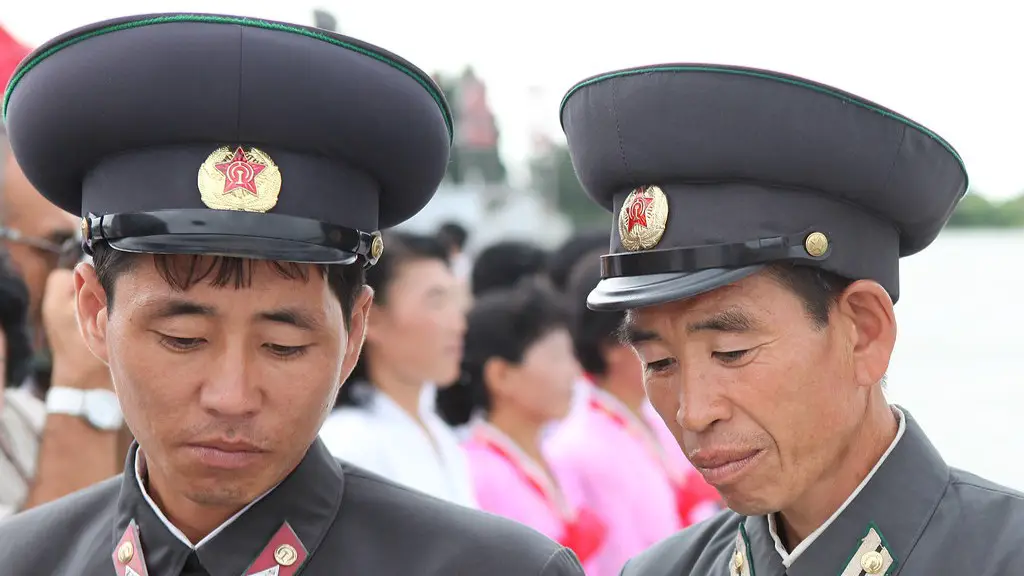North Korea is one of the most isolated countries in the world and has a unique economic system. Despite its relative obscurity, it has recently been in the spotlight due to its nuclear tests and sanctions against it by the United States and the UN.
What Type Of Economic System Does North Korea Have?
North Korea has a socialist planned economy, which is very different from a market economy or capitalist system. The focus of the economy is on government planning instead of market competition. The government owns and controls all major industries, such as electric companies, banks, and automobile manufacturing. The government also controls transportation, distribution, prices, and wages. People do not have much freedom when it comes to making economic decisions. The government sets prices and determines what goods and services should be available to the public.
Structure Of North Korean Economy
The structure of the North Korean economy is a highly centralized, top-down structure. The decision making process is hierarchical, with decisions made by the Korean Workers’ Party and the government. The economy is heavily reliant on foreign aid, as well as exports of minerals, such as coal and iron ore. The country is also heavily reliant on China for imports of food, fuel, and other commodities. The country has developed a Tourist industry to attract foreign investment, but the currency is tightly controlled and government corruption is rampant.
Effects Of The North Korean Economy
The effects of the North Korean economy have been very negative for the population. Most of the population lives in poverty and lacks basic necessities, such as food, healthcare, and education. The economic system has also been blamed for the country’s human rights abuses and environmental issues, such as deforestation and air pollution. The country also has little access to global markets and is subject to stringent sanctions imposed by the international community.
Comparison To Other Economic Systems
When compared to other economic systems, North Korea’s economy appears to be highly inefficient and stifling of innovation. It is not a free market economy and only a few select people benefit from the system. It is not a true socialism, as it lacks both the collective ownership and planning of the economy. It is also missing the fundamental concepts of a market economy, such as the ability to make decisions on prices, wages, and the allocation of resources.
Experts Perspectives
Experts generally agree that North Korea’s economic system does not work for the majority of the population. Marji Lang, a professor of economics at the American University of Beirut, believes that the system is to blame for the poverty in the country. “The system that’s in place there is not one that is specifically designed to bring development and so you have this very poor country and very poor population,” she said. Kenneth Reinert, a professor of international economics at George Mason University, is of the opinion that North Korea’s economic system is the main cause of its economic stagnation. “It is an almost Orwellian environment where the warped economic system has its own logic and the biggest losers are the ordinary North Korean people.”
Insights and Analysis
North Korea is a unique economic system. It is not a true capitalism nor is it a true socialism. It is a highly centralized, top down system with the government deciding what goods and services should be available and controls prices, wages, and distribution. The system lacks the fundamental concepts of a market economy and has been blamed by experts for the poverty and human rights abuses in the country. The North Korean economy appears to be highly inefficient and stifling of innovation.
Effects On Enterprise
The North Korean economy has an effect on private enterprise in the country. The government strictly controls any private business activity, and individuals must obtain government authorization in order to start a private business. Many of these businesses are closely monitored by the government and must adhere to their regulations, preventing them from becoming truly successful. This has had a negative effect on economic growth, as businesses have been unable to reach their full potential due to government interference.
Economic Correlation With China
North Korea has a close economic relationship with China. China provides North Korea with goods and services, such as fuel and food, and is an important trading partner due to their geographic proximity and strong diplomatic ties. China also provides financial support for North Korea and is the main country responsible for providing economic assistance to the country. This assistance has enabled North Korea to maintain its unique economic system.
International Sanctions And Their Impact
International sanctions have had a major impact on the North Korean economy. The United States and the United Nations have been imposing sanctions on North Korea since 2006 in an effort to stop its nuclear weapons program. These sanctions have limited North Korea’s access to the global economy, disrupting their production and growth. Additionally, the sanctions have led to increased poverty and food insecurity in the country. The North Korean government has attempted to combat the effects of the sanctions by introducing a series of economic reforms, such as the opening of a free economic zone, that have yet to have an impact.


